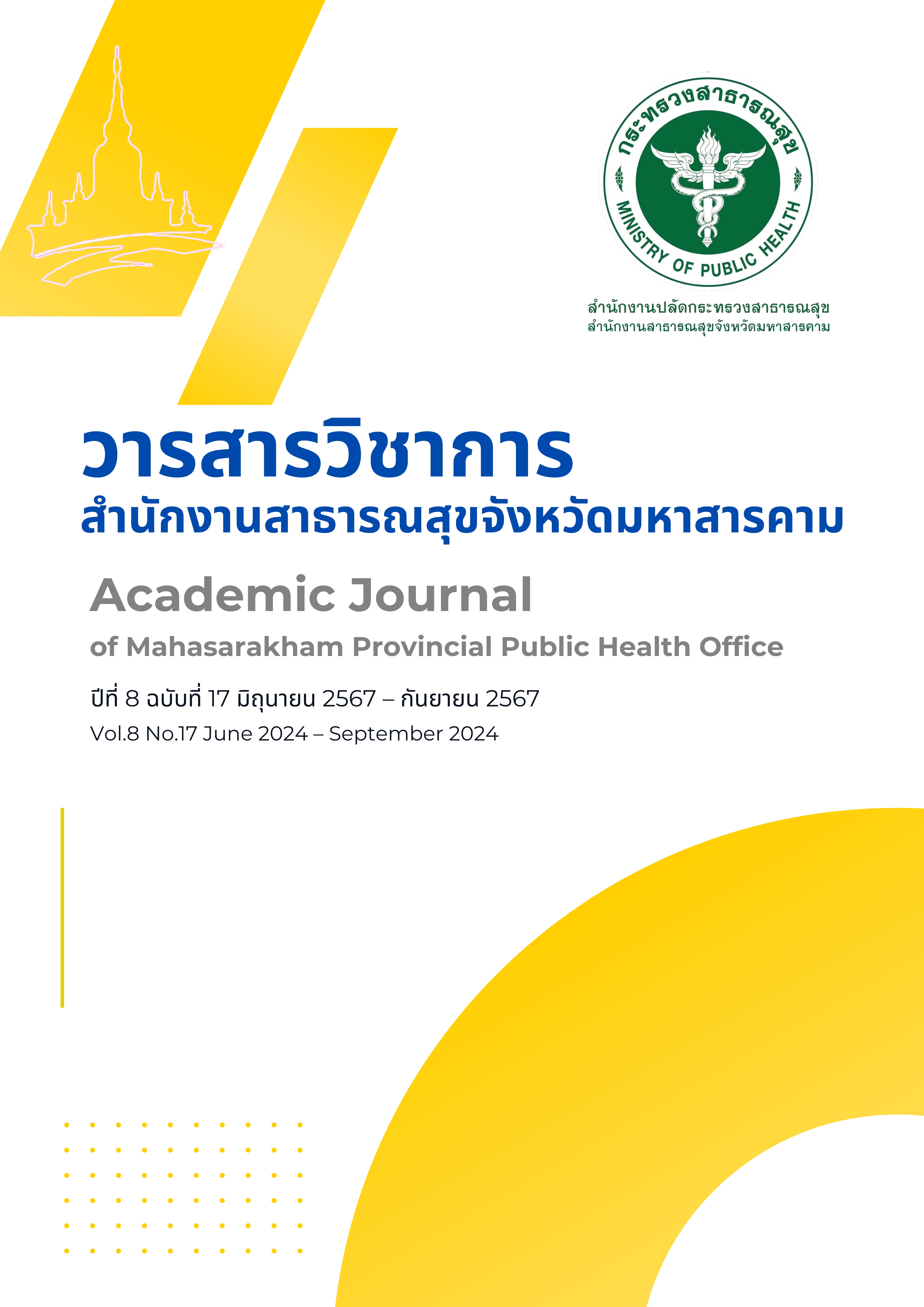Development of a school model for the elderly to promote health among elderly prisoners at Songkhla Central Prison
Abstract
Abstract
Elderly prisoners in prison are a vulnerable group. There are no family to take care of. They have problems in both physical and mental health.
There are many limitations due to the prison context. In Songkhla Central Prison, 1.6% of prisoners are elderly. It was found that 11.67% of them have diabetes and 41.67% have hypertension. Additionally, 48.37% are at risk of cardiovascular diseases. Without proper health promotion, there is a high chance they will fall ill, leading to further burdens. Songkhla Hospital has initiated a specialized health promotion program for elderly prisoners, a practice that has never been implemented in prisons before. This represents a significant challenge in conducting activities in such a strict environment. The researcher is interested in studying the issues and needs for health promotion among elderly prisoners, developing a health promotion model, and examining the effectiveness of this model. This is developmental research conducted from June to November 2022. The sample group is elderly prisoners. A total of 60 people were selected using a specific method. The research tool was a model of school activities for the elderly. Data were collected using a screening form to assess the health status of the elderly in 15 areas. Data were analyzed using content analysis and frequencies and percentages. The results of the study were the emergence of a school model for the elderly. The effectiveness of the school model for the elderly before joining found that, 42.8% of the elderly prisoners could manage their diabetes which increased to 100% after the program. Hypertension management improved from 60.0% before the program to 84.0% after. The incidence of insomnia decreased from 26.7% before the program to 16.6% after. Depression rates decreased from 20.0% before the program to 6.67% after. Oral health problems decreased from 83.3% before the program to 75.0% after. The risk of stroke remained the same at 15.0% before and after the program. In conclusion, all elderly prisoners who participated in the program showed overall improvements in health outcomes.
Keywords : model development, school elderly, health promotion, elderly prisoners


